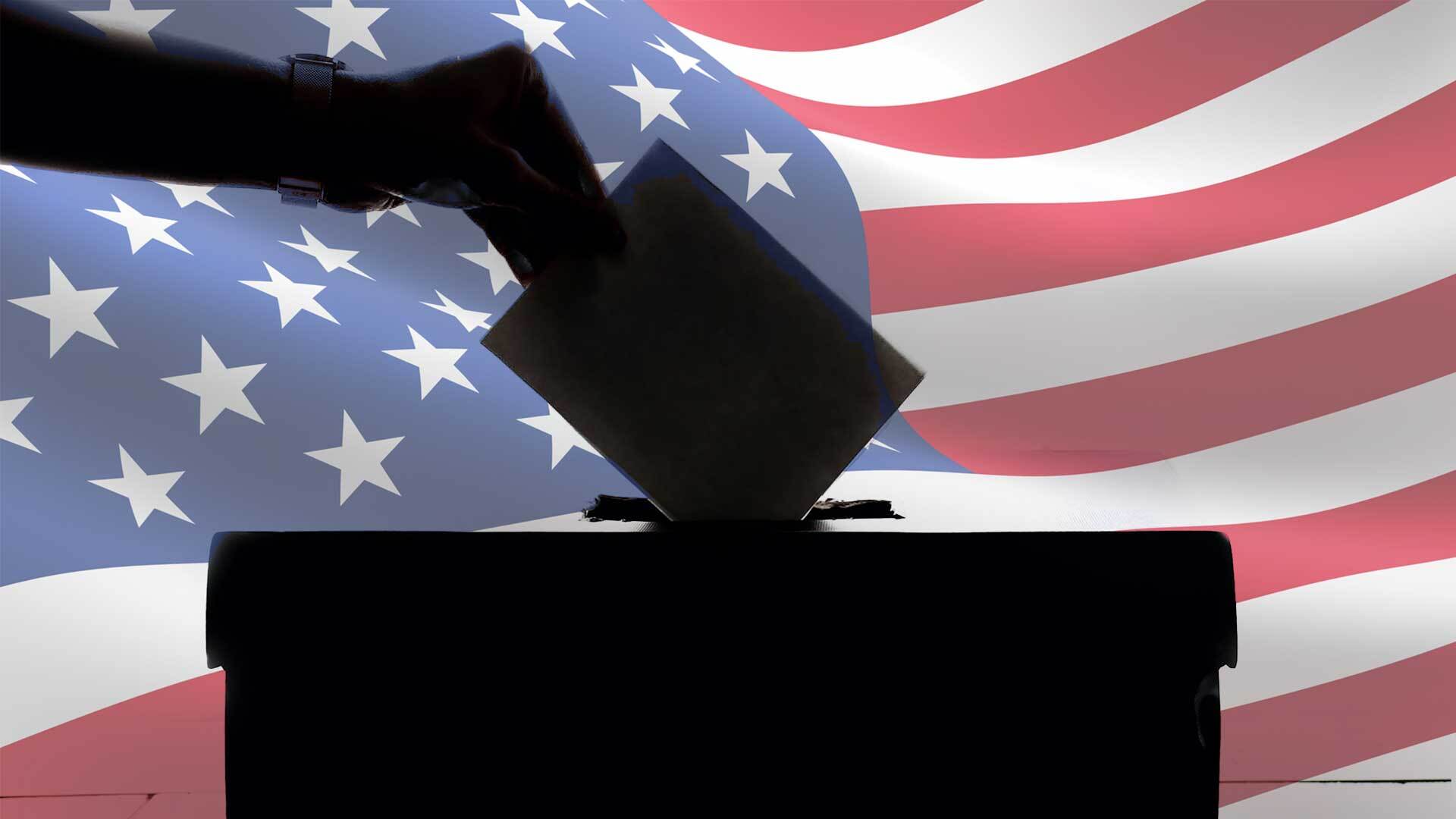I just attended a very thought-provoking webinar on Securing America’s Voice: Cybersecurity and the 2020 Election. Hosted by Dave Bitner of #TheCyberWire, and featuring Todd Carroll, CISO & VP Operations, #CybelAngel, and Chris Coleman, Principal and Founder, Dominus Group LLC, the discussion presented some frank insights from subject matter experts with a deep understanding of election interference methods.
Everyone agreed that foreign adversaries are trying to influence the election outcome; adversaries’ efforts and techniques have grown more aggressive and sophisticated over time. Mr. Carroll, who worked for more than 20 years in the FBI, remembered the 2006 election as being a wake-up call when he saw first-hand how China was infiltrating U.S. networks to collect information on candidates. Subsequent years brought virus attacks and malicious bots. Today, he sees the goal as shaking confidence in our entire electoral system. Many nation-state actors are in the game. While the most prominent are China, Russia, Iran, North Korea and Qatar, Mr. Carroll assured there are likely more that are less visible.
Mr. Coleman, a seasoned veteran of leading cybersecurity companies, shared some uncomfortable insights about the potential manipulation of mail-in ballots to create disarray in the voting process. Noting that voter registration databases are available for commercial sale, he sees mail-in ballot hijacking as easier to do than hacking into voting technology. He even recounted a personal story about how his own voter data was misappropriated to submit an outreach form to his Congressman. Still, it would seem the falsifying or interception of physical ballots would be a localized effort. The nation-state actors are working on a national level.
Say What?
In fact, one of the primary adversarial tactics in this election cycle has been to create discourse that casts doubt on how we vote. Mr. Coleman sees both political parties as contributing to the doubt-casting, feeding off of and also reinforcing adversary-driven propaganda. September’s elevated controversy around just nine lost military ballots in Pennsylvania is a case in point. Whether a misunderstanding, a Post Office error, or something nefarious, those nine ballots got a lot of attention.
Influence operations, intended to divide and conquer, are regularly perpetrated on social media. Economic interests are a key driver. For instance, whichever candidate and party wins the election will significantly influence U.S. international dynamics around a possible COVID-19 vaccine―a multi-billion dollar economic opportunity. Whether the virus, trade advantage or something else, each country wants to influence the election according to how they believe a candidate will impact them.
Mr. Coleman even compares current influence efforts to Russian active measures campaigns (political warfare) that the Soviets used to overthrow countries. This leaves social media platform providers playing a type of whack-a-mole, trying to remove the wave of random malicious accounts pushing divisive propaganda.
Free Your Mind, and Your Vote Should Follow
Both of the speakers emphasized the need to break out of information bubbles and echo-chambers that reinforce voters’ existing beliefs. They encourage voters to instead proactively seek objective information about candidates and issues, and form their own opinions.
Mr. Carroll noted that we shouldn’t wait to have election information delivered to us. With myriad agendas being pushed, whether on political candidates, the virus or any number of other issues, we must educate ourselves. He strongly recommended getting beyond a “swipe and click” mentality, and raising our awareness of what information we’re ingesting. Mr. Coleman re-emphasized the point, saying “We can’t live in sound bites. Empower yourself to be knowledgeable; go open your mind.”
Just weeks away from Election Day, this impactful discussion offers some valuable insights into election security and the roles and responsibilities we each carry in a fair and free process. As Mr. Carroll optimistically commented, “The world is watching us…I still have faith in this country and the system.”




